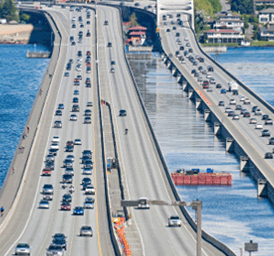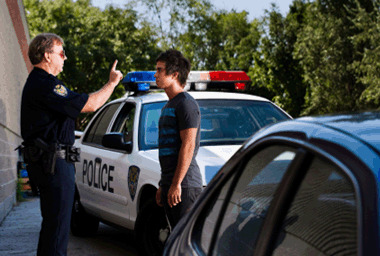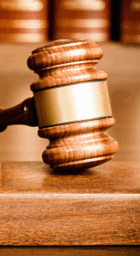Feb 26

First Steps When the Police Pull You Over
Being stopped by a police officer can be a painful and irritating experience. Many people ask me what they should do when they get a ticket. This is an important question for my next post, but first, what should drivers do when they are getting pulled over? First, pull over to a safe place. Nothing annoys a police officer more than a driver who places or even appears to place the officer or others in harm's way. Safely pulling over might actually allow an officer who thought about giving you a warning to do just that and not issue you a citation. If you are in a place where it is very unsafe to pull over, traveling to the next exit and pulling over when it is safe to do so is not a bad idea. Most officers would probably agree that it is reasonable for you to travel a short distance in order for you to safely pull over. Second, once your vehicle is safely stopped, take a deep breath and relax. Do not get out of the vehicle unless ordered by the police officer. Third, when the officer approaches your vehicle, roll down the window. The officer will most likely ask you for your driver's license, registration, and insurance. Often, these documents are not always located in the same place, so assure the officer that if your insurance or registration is in your glove compartment, tell the officer "It's in my glove compartment" so the officer knows why you are going in there. Fourth, don't apologize. The officer might ask you if you know why he or she stopped you. Many people think that you should just say what is on your mind or agree with the officer's reason. DON'T DO THAT! The officer can use your statement against you. If you're uncertain as to the reason of the stop, it is better to not say anything or express uncertainty by saying "I'm not sure, Officer," rather than argue or take a guess. You are not required to implicate yourself. Fifth, if the officer issues you a citation, remove the ticket from your vehicle when you return home and put the ticket in a place where you won't lose it (perhaps under a magnet on your fridge). A traffic ticket is money and you would not misplace your cash, so treat the ticket like cash and don't lose it. You have 15 days from the day the Officer hands you the ticket to send it back (if the ticket is mailed to you, the rules are a little different). Remember, post offices are closed on Sundays, so if you get a ticket on a Saturday or if the post office is closed because of a Monday holiday, you should not wait longer than 14 days to mail your ticket. Waiting longer than the time you are given to send in the ticket can result in you losing your case. Be prompt and you will preserve your opportunity to have a court allow you to fight your ticket. If you have received a citation, please read the next post about the steps you should follow when you get a ticket. Happy driving.











